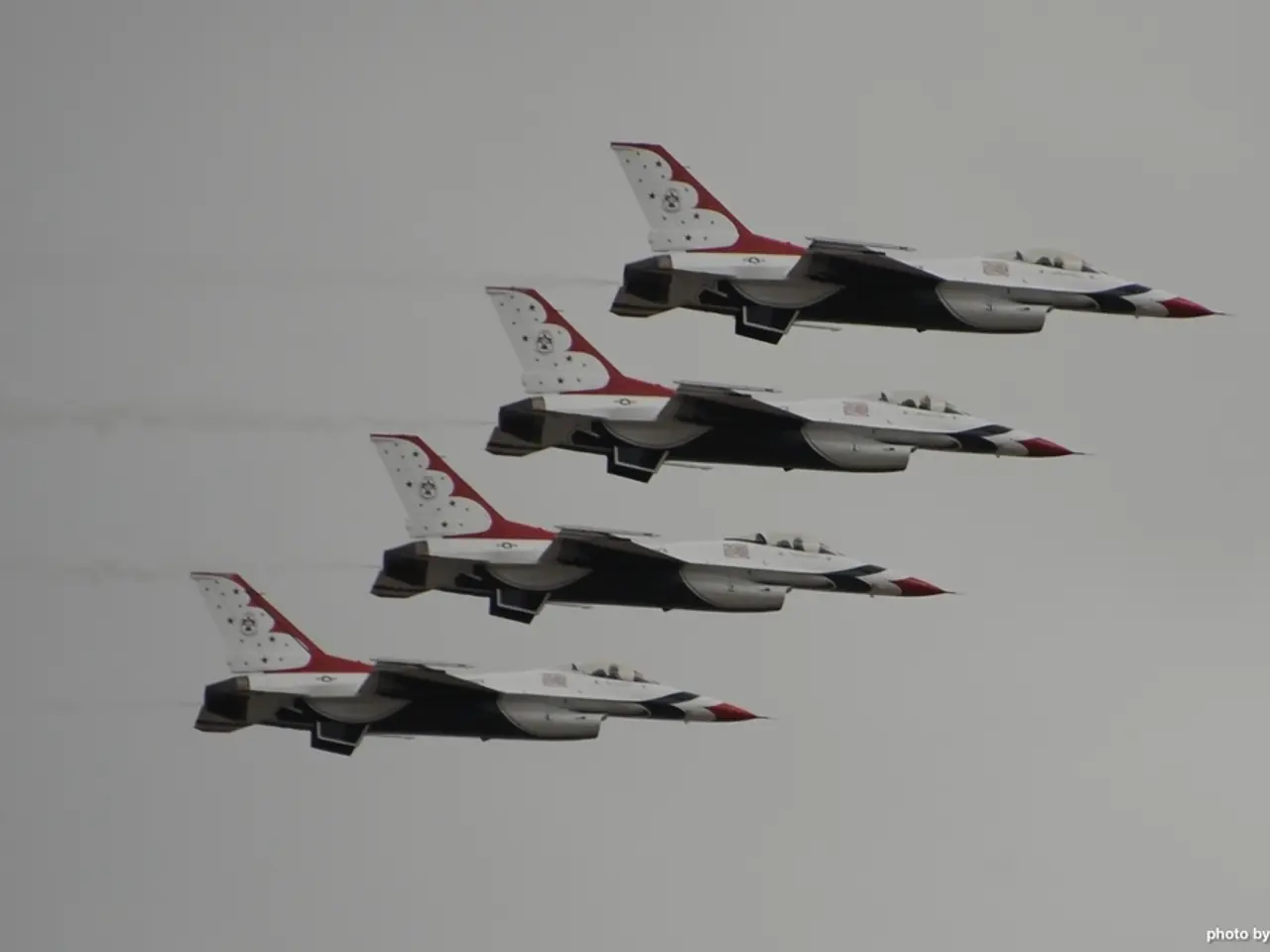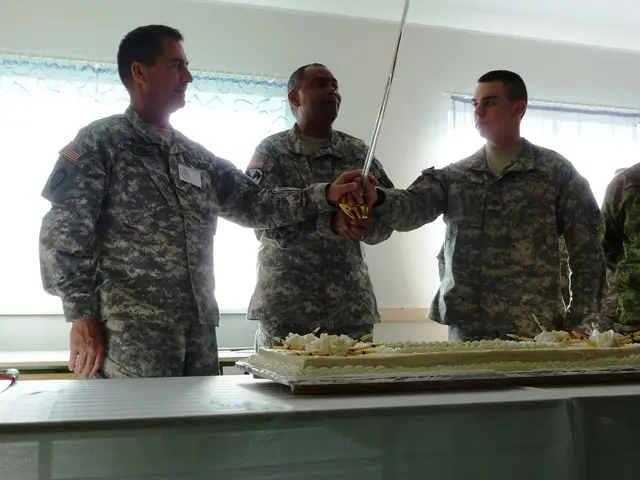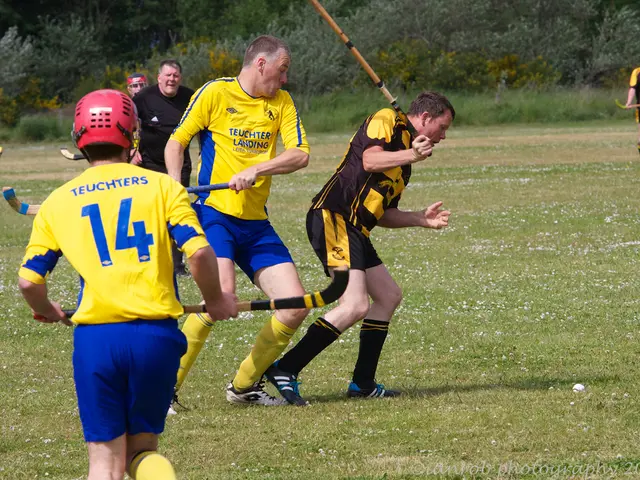Moscow denies allegations regarding unauthorized intrusion into airspace territory
In a series of recent events, tensions between Russia and NATO allies have escalated, with incidents occurring in both the Polish and Estonian economic zones of the Baltic Sea.
On Friday, two Russian fighter jets approached the Polish drilling platform owned by Orlen Petrobaltic, located approximately 70 km north of Jastarnia in the Polish economic zone. This incident prompted a swift and decisive response from NATO, with Secretary General Mark Rutte confirming the alliance's action.
In a separate incident, Estonia reported that three Russian fighter jets violated its airspace near Vaindloo. According to Estonian authorities, the aircraft did not transmit flight plans, had their electronic identification turned off, and did not maintain radio contact with Estonian air traffic control. However, Russia denies these claims, stating that the MiG-31 jets did not deviate from the agreed flight route and stayed more than three kilometers north of Estonia's Vaindloo island.
The security zone above the Polish drilling platform was also reportedly violated, according to the Polish border guard. In response, ground-based air defense has been put on 'highest alert' in Poland, and the Polish army announced that Polish and allied combat aircraft took off due to attacks on Ukraine in the border area.
The Baltic countries Estonia, Latvia, and Lithuania do not have their own fighter jets, so NATO allies take turns securing the Baltic airspace. Countries like Italy, Spain, Hungary, Germany, and Poland contribute fighter jets to patrol and protect the region. In this instance, NATO intercepted the Russian aircraft, deploying F-35 fighter jets of the Italian air force to escort them to the Kaliningrad region.
Recent Russian airspace violations have caused increasing unrest among NATO allies in Europe. Ukraine President Volodymyr Zelensky described the incidents as part of a systematic Russian campaign against Europe, NATO, and the West. This sentiment was echoed by Poland, as Polish and NATO combat aircraft regularly react when Russia attacks Ukrainian territories near the Polish border.
In response to the incidents, Estonia requested consultations under Article 4 of the NATO treaty. This provision allows for consultations between NATO members if any of them consider that their territorial integrity, political independence, or security is threatened.
The ongoing tensions between Russia and NATO allies in the Baltic region have raised concerns about potential escalation and the need for continued vigilance and cooperation among alliance members.








